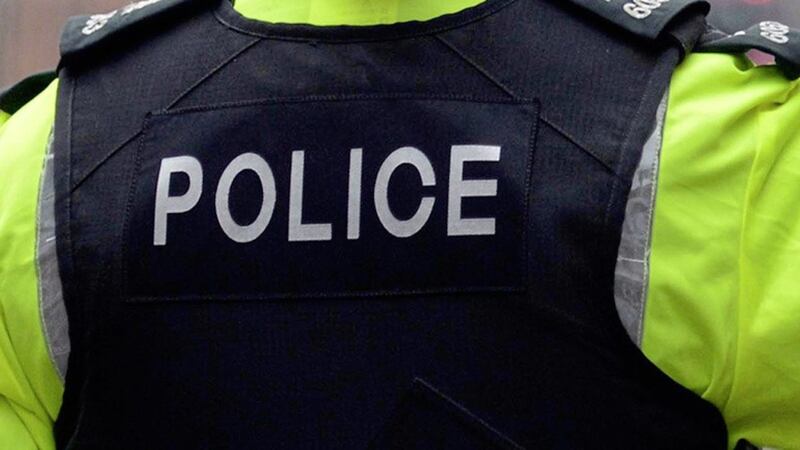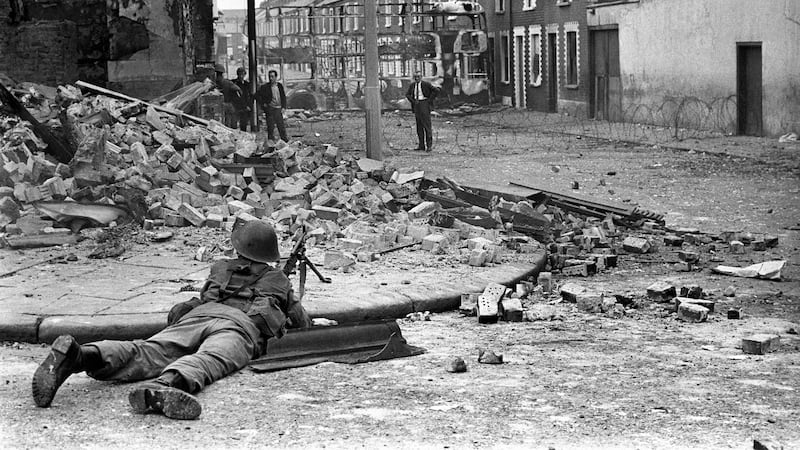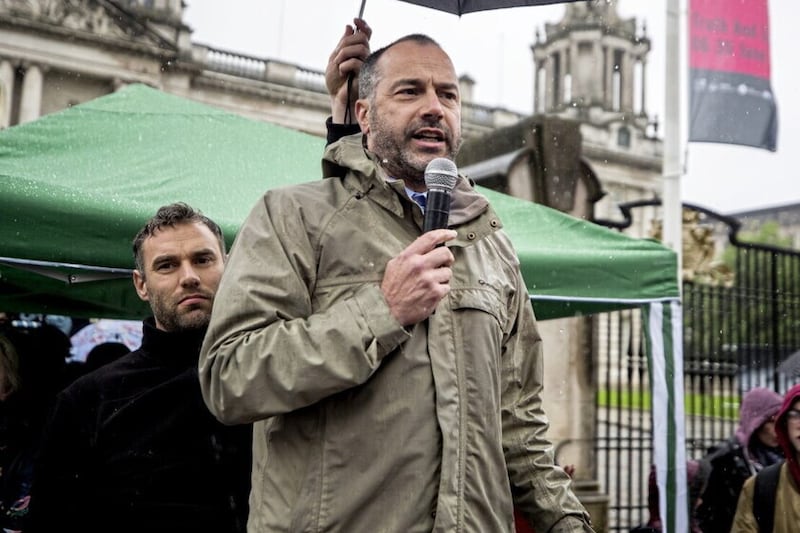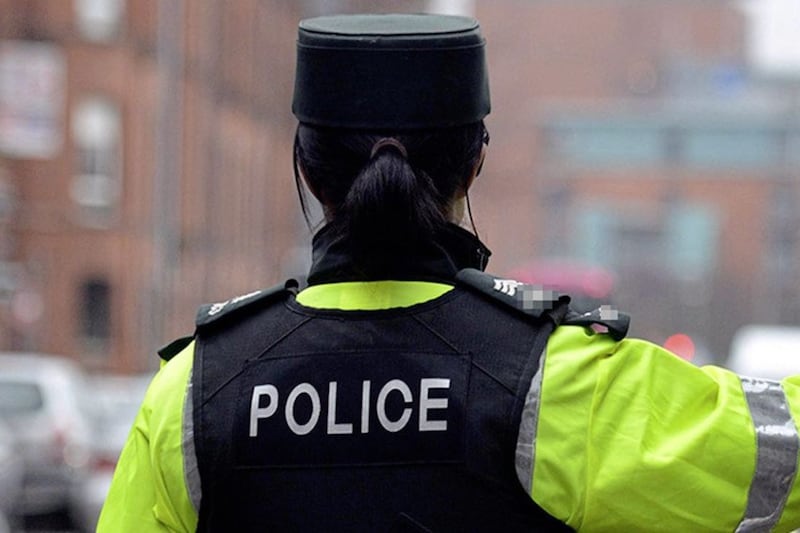A schoolboy has won permission to mount a High Court challenge over claims he was stopped and searched as a terrorist suspect.
He was granted leave to seek a judicial review into allegations that police breached his rights as a child by the detention in west Belfast.
Mr Justice Colton ruled: "The applicant meets the modest test at this stage of establishing an arguable case worthy of investigation."
The boy, who cannot be identified, was 14 when officers stopped the car he was in with his father and another man last September.
Both men were informed that searches were to be carried out on them and the vehicle under section 43 of the Terrorism Act 2000, according to the police case.
The legislation enables police to detain and search anyone reasonably suspected of being a terrorist for any evidence.
The boy allegedly began to video and take photographs of the operation on a mobile phone.
He was then also allegedly searched under the same laws.
Nothing was found on the teenager, his lawyers said.
Proceedings were issued against the Chief Constable over the officers' decision to carry out the actions on him.
The Secretary of State is also being challenged over an alleged failure to issue a code of practice for the stop and search powers which adequately protects the best interests of the child.
Barrister Joseph O'Keefe, for the boy, argued that the legislation is aimed at those suspected of terror offences or financing proscribed groupings.
"Where section 43 is to be used on a child then there has to be reasonable suspicion that the person to be searched is a terrorist," he told the court.
Lawyers for the PSNI and Secretary of State countered that the search was at all times carried out in accordance with the law.
They also rejected claims that no policy or guidance is in place to deal for using the powers when dealing with children.
Mr Justice Colton listed the case for a full hearing in December.








